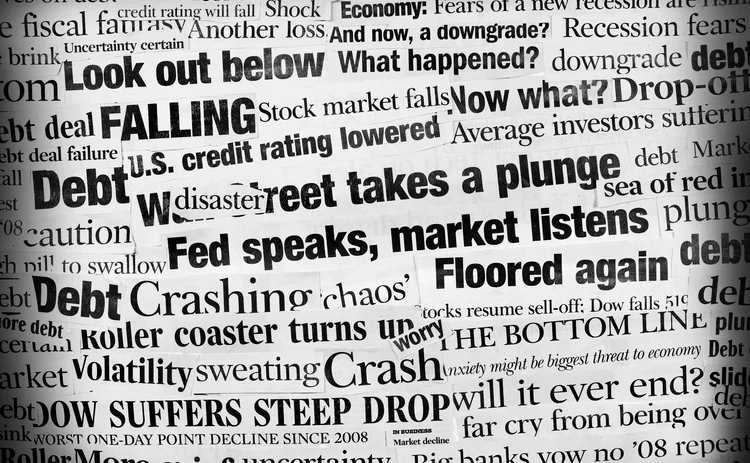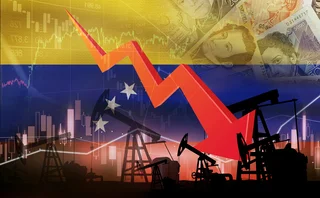
Studies test investors’ risk aversion after crash
Researchers use March tumult to investigate psychology of risk-taking

The coronavirus turmoil promised a rare chance to answer an elemental question in finance: does fear change how investors think after a market crash? Two recent studies that explore this debate reach opposing conclusions.
Received wisdom would say investors get skittish after crashes and bolder during booms. The idea is often used to explain why markets boom and bust at all – and has been
Only users who have a paid subscription or are part of a corporate subscription are able to print or copy content.
To access these options, along with all other subscription benefits, please contact info@risk.net or view our subscription options here: http://subscriptions.risk.net/subscribe
You are currently unable to print this content. Please contact info@risk.net to find out more.
You are currently unable to copy this content. Please contact info@risk.net to find out more.
Copyright Infopro Digital Limited. All rights reserved.
As outlined in our terms and conditions, https://www.infopro-digital.com/terms-and-conditions/subscriptions/ (point 2.4), printing is limited to a single copy.
If you would like to purchase additional rights please email info@risk.net
Copyright Infopro Digital Limited. All rights reserved.
You may share this content using our article tools. As outlined in our terms and conditions, https://www.infopro-digital.com/terms-and-conditions/subscriptions/ (clause 2.4), an Authorised User may only make one copy of the materials for their own personal use. You must also comply with the restrictions in clause 2.5.
If you would like to purchase additional rights please email info@risk.net
More on Investing
Passive investing and Big Tech: an ill-fated match
Tracker funds are choking out active managers, leading to hyped valuations for a dangerously small number of equities
FSB chief defends global non-bank regulation drive
Schindler slams ‘misconception’ that regulators intend to impose standardised bank-like rules
Crisis-era CDO protection keeps on giving for Athene
Apollo-owned insurer still sees payments from sold CDS protection on a 2006 synthetic resecuritisation
Will lifer exodus kill Taiwan’s NDF market?
Traders split over whether insurers’ retreat from FX hedging is help or hindrance
Calamos brings popular US autocall ETF to Europe
Dublin filing points to Q1 launch for Calamos Autocallable Income Ucits ETF
How geopolitical risk turned into a systemic stress test
Conflict over resources is reshaping markets in a way that goes beyond occasional risk premia
How JPM AM swapped platforms for pipes
Asset manager wanted to cut FX venues – and their fees – out of dealer relationships. Now, it only trades direct
What the Tokyo data cornucopia reveals about market impact
New research confirms universality of one of the most non-intuitive concepts in quant finance








